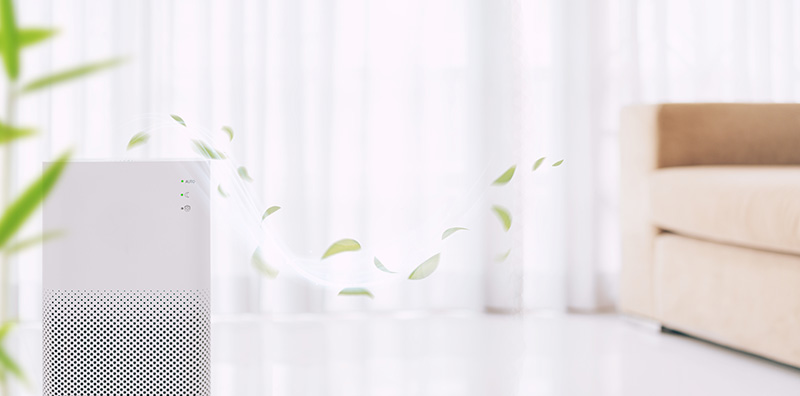When’s the last time you thought about the quality of the air in your home? During the night, your indoor air quality can be much more noticeable.
Your family spends a great deal of time indoors relaxing. When’s the last time you thought about the quality of that indoor air that you breathe? You should make sure that your indoor air quality stays at an acceptable level. Otherwise, it can wreak havoc on your home and your family’s health.
Why Does Air Quality Get Worse in the Evening?
Poor air quality is often related to serious heart and lung health concerns. It’s necessary to understand why air quality dips down in the evening and what you can do about it. In the evening hours, the temperature dips down. This causes the atmosphere to trap harmful pollutants closer to the ground. These pollutants include car emissions, CO2, and so forth. If your home has poor ventilation, it can provide an even worse effect with stagnant, polluted air.
The Effects of Poor Indoor Air Quality
Poor indoor air has been often compared to poor outdoor air. In fact, when those pollutants are inside your home, your family is going to be inhaling a more toxic level. There are many health effects that these indoor pollutants can have on your family. These include:
- Fatigue, Dizziness, and Headaches
- Throat, Nose, and Eye Irritation
- Heart Disease, Cancer, and Respiratory Diseases
The need to enhance your indoor air quality level is a top priority. The good news? You have many options at your disposal.
How to Improve Your Home’s Indoor Air Quality
To control the number of pollutants in your home is identifying where most of them are coming from. If you have an unfinished space in your home, it can be home to a plethora of unhealthy pollutants. These include dust, insulation particles, and even mold.
These particles get sucked into your ducting and redistributed throughout your entire home. You should have an HVAC professional check your home. They can help to identify these areas of contamination. They have unique HVAC experience that can help them find the most common pollutants in your home.
Next, you’ll want to address the sources of these pollutants. An HVAC professional can help to perfect your ducting. This prevents harmful airborne particles from these unfinished spaces from entering your home. Additionally, they can install a whole-home air purifier. This will work to filter out harmful contaminants. This can include dust, fungi, pet dander, pollen, and mold spores.
Finally, beefing up your HVAC ventilation can dilute these air pollutants. It can also reduce their effect on your family’s health. An HVAC technician can check your current ducting. They will make changes to help enhance the movement of air throughout your entire home.
Contact Us Today
If you’re concerned about the quality of your indoor air, give us a call today. Our helpful HVAC professionals can assess the quality of your indoor air. We will also make recommendations on how to enhance it.

